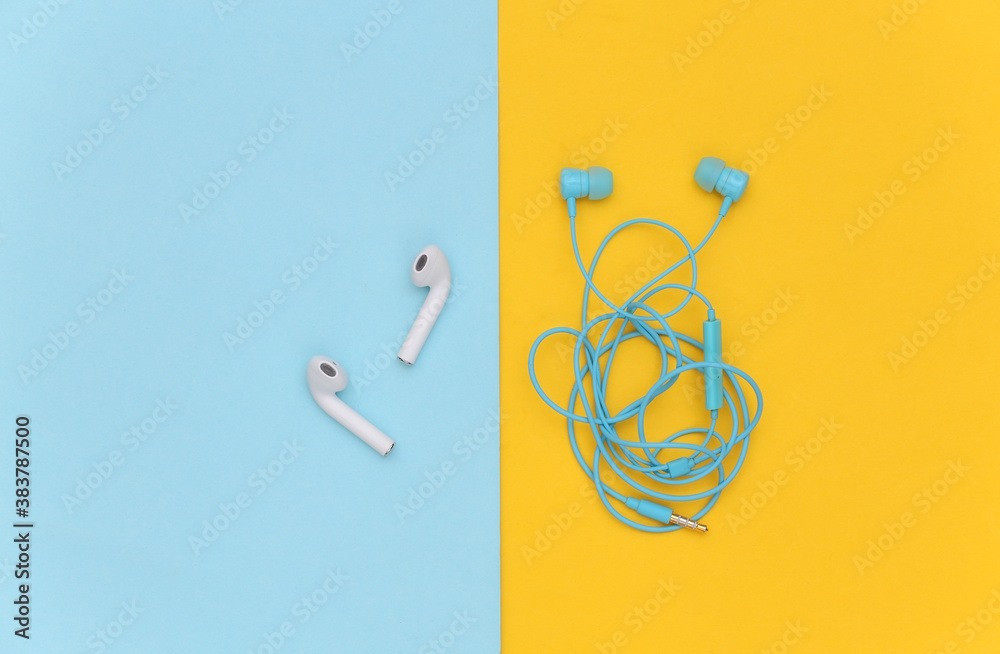In many fundamental ways, wireless technology has improved our lives and increased the efficient functioning of our increasingly technological society. Certain things such as mobile internet access and a range of wireless telecommunications are going nowhere and could not be removed without significant and counterintuitive disruption to modern life. However, it is wrong to consider wireless technology the next phase of technological development that will soon make wired technology (if it hasn’t already) totally obsolete.
This could not be further from the truth, and in many discrete cases, wired technology is still preferable to the wireless alternative. It is not at all clear that wireless upgrades make things better in every single case. To put things another way, we are talking about a trade-off. In some cases, wireless is better; in other cases, wired is better. Nevertheless, this important point is that in every one of these cases something is lost and something is gained. This trade-off definitely exists.
The Trade-Off in Action
To illustrate this point, it is worth pointing out that wireless connectivity – something which we are all intimately familiar with – has been playing catchup to cable connections and is still doing so. Ethernet cables remain a faster means of information transmission than any existing wireless connection. It is therefore erroneous to think that wireless connectivity became such a big thing because it is faster. It is not faster. It has become popular instead because it allows the freedom of movement which a physical connection naturally limits. Here is one example of this trade off – a gain in freedom of movement vs a loss in speed.
EMF Radiation and the Health Question
Another trade-off pertains to the potential health risks of using wireless technology. The first thing to do when discussing this question, however, is to firmly reject any alarmism. No, laptops, smartphones and wireless routers will not give you cancer. The effects of EMF (electro-magnetic field) radiation are only noticeable in a minority of people, and these certainly do not include cancer. However, EMF radiation has been shown to pose less immediately noticeable risks that can be experienced by anyone. These include things like fatigue, brain fog, a loss in concentration, and an increase in irritability.
This therefore represents a very definite drawback to using wireless technology. Synergy Science, the company that currently stands as the world leader in EMF protection and other health products like hydrogen water, asserts that, as well as protecting yourself against exposure to EMF, it is wise to make a few lifestyle choices that can also limit your exposure. One of these choices is to use wired devices instead of wireless wherever it is possible. For example, you could plug your smart TV directly into the router or use a wired headset instead of Bluetooth one. Here we see another example of the trade-off, which should give pause for thought for those who would promote wireless technology as the absolute successor of wired technology.
Other Trade Offs
As you might already be concluding, the important argument is not so much about whether there is a tradeoff between wired and wireless technology (because there clearly is) but rather how many different trade-offs there are. For example, as well as the speed trade-off and the health trade-off, we could also add that wireless technology is less secure as it is far easier to control physical access to a network rather than wireless.
In conclusion then, we must accept that wireless technology has improved our lives significantly, but also that it has certainly not supplanted wired technology in its entirety.

